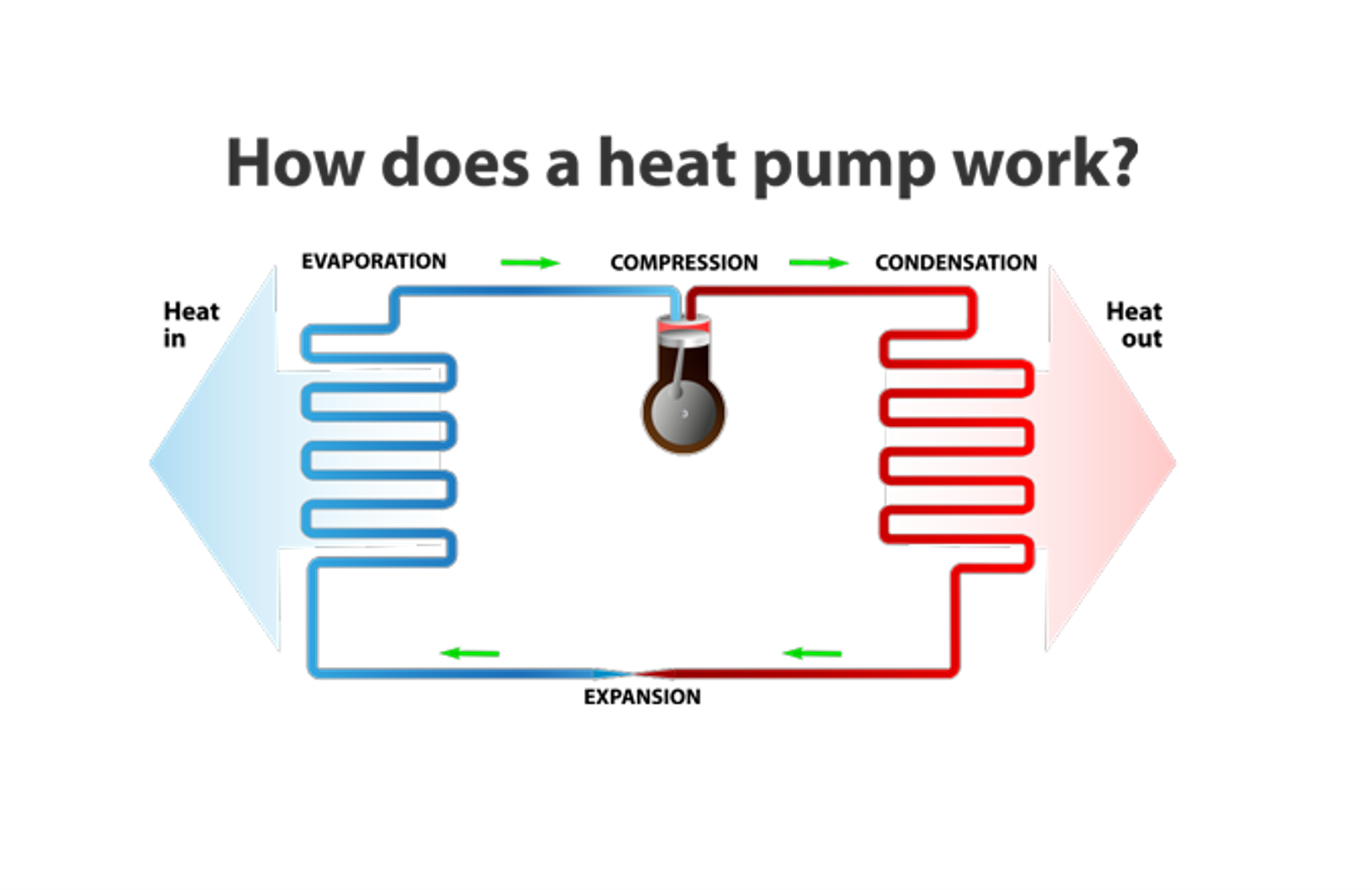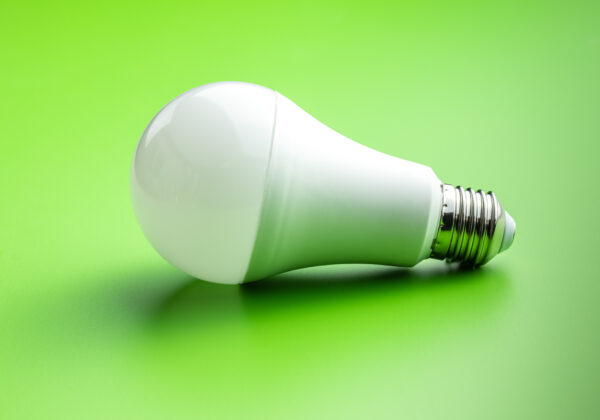Discover the many benefits of heat pumps for commercial applications.
In brief, heat pumps are a good choice for all climate conditions. Heat Pump Systems are a great way to save on your energy costs. In addition, with a heat pump system, you can heat and cool your home with the same unit. This is one of the main advantages of a heat pump system. A recent poll of U.S. building managers revealed that they are becoming the preferred choice for heating and cooling.
This post will dig into the different kinds of heat pump systems and explore some of the advantages, disadvantages, and benefits of today’s heat pump systems.
Let’s first get a better understanding of what a heat pump system is and what kind of environments they’re ideally suited to.
Heat Pump System Basics & Types
A heat pump system is a good choice for any setting where heating and cooling are needed. Heat pumps can be used in schools, sports facilities, other settings where heat is required, and a variety of other applications. For example, heat pumps can be used in homes, offices, and other buildings.
We’ll uncover more below that air source heat pumps are not designed for colder climates with temperatures below 40 degrees. However, with that said, they are ideal for the vast majority of climates across the country, and ground source heat pumps can work well in colder climates.
Hybrid Heat Pump System
Hybrid Heat Pump Systems combines a heat pump with an electric heater to increase efficiency. This combination is ideal for a variety of commercial settings.
Hybrid Heat Pump System
A hybrid heat pump system combines a heat pump with an electric heater to increase efficiency. This combination is ideal for a variety of commercial settings.
Air Source Heat Pump
An air-source heat pump is a type of heat pump that uses outside air as a heat source. It’s a good choice for commercial buildings in warmer climates.
Ground Source Heat Pump
A ground-source heat pump is the most common heat pump type. It’s a good choice for climates with moderate temperatures.
Different Types of Heat Pump System Zoning
A heat pump system is a device that can heat or cool a building. It works by using a compressor to push a refrigerant through a system of coils and fins.
Single Zone Heat Pump
A single zone heat pump is a type of heat pump that only heats or cools one building area. It is the most common heat pump system.
Two-Zone Heat Pump
A two-zone heat pump is a type of heat pump that can heat or cool two different building areas.
Heat Pump Installation
When it comes to heat pump installation, there are two main types:
A. Baseboard heat pump installation
B. Floor-mounted heat pump installation
Baseboard Heat Pump Installation
Baseboard heat pump installation is the easiest and most popular method of heat pump installation. This type of installation is ideal for homes, apartments, and commercial buildings.
Floor Mounted Heat Pump Installation
Floor mounted heat pump installation is the most effective method of heat pump installation. This type of installation is ideal for commercial buildings and industrial settings.
The most significant advantage of a heat pump is that it is an energy-efficient system. Heat pumps use a refrigerant to extract heat from the air. When the refrigerant evaporates, it becomes a vapor.
Transitioning to a Heat Pump System
A recent poll by HVAC industry expert, HVAC Services of America, revealed that they’re most commonly used in residential applications, but that doesn’t mean a heat pump solution can’t be applied to a commercial property. Many commercial properties are transitioning to heap pump systems for portions of their buildings.
Today’s heat pump systems are very cost-effective, efficient, and energy-saving. They’re also one of the most versatile systems. However, heat pumps aren’t suitable for colder climates as a word of caution. They can’t work below 40 degrees and are poor for colder climates unless a ground source system is considered.
If you’re interested in learning more about how to transition to a heat pump system in your commercial property, shoot us a note at [email protected] to get started!



